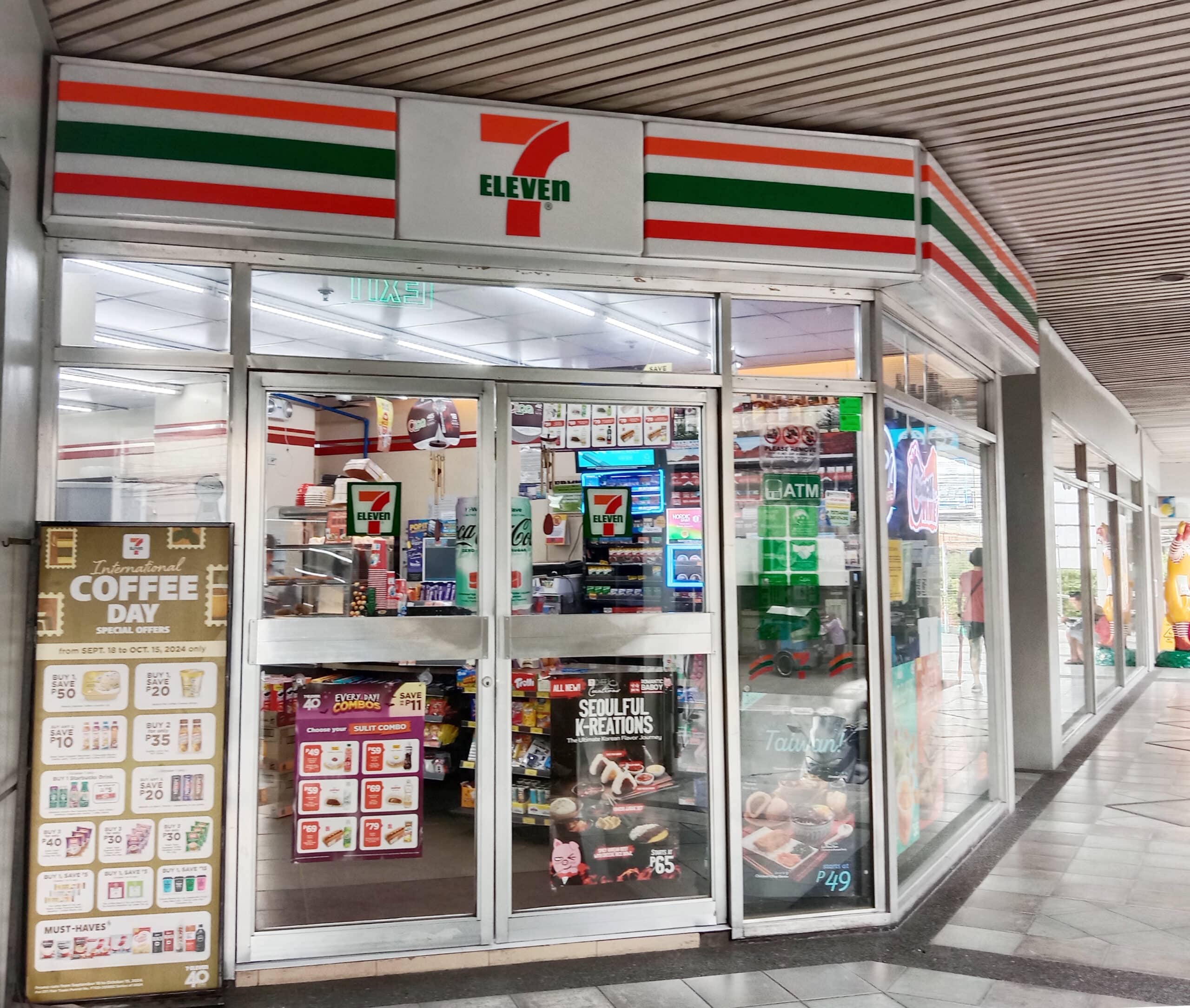7 Eleven sees 5,000 Philippine stores in 2026
MANILA, Philippines — Philippine Seven Corp. (PSC), the exclusive licensor of 7 Eleven convenience stores in the Philippines, expects to exceed the 5,000 store count next year. It is banking on its expansion in the Visayas and Mindanao to drive growth.
PSC chair Victor Paterno told reporters on Thursday they would spend P5.5 billion mostly to open 500 stores across the country this year alone. As of the first quarter, 7 Eleven had 4,200 local stores.
READ: 7-Eleven operator celebrates 4,000-store milestone in PH
This is down from their original plan of spending P6 billion after they had assessed the level of need in target areas. They dropped initial plans to remodel some of the stores.
“Our operations and business development team wanted to prioritize more on opening new stores so they do not want to lose focus on expanding our footprint,” Paterno said.
Of their target of building 500 new stores, Paterno said that “more than half” would be located in the Visayas and Mindanao. This is mostly because of lack of competition.
This way, they would be able to take advantage of low rental rates, said PSC head of finance Lawrence de Leon.
To support their aggressive Visayas and Mindanao expansion, they would open new distribution centers at Ormoc City in Leyte and Zamboanga City within the year.
READ: Pardo retires as chair of 7-Eleven Philippines
H1 expansion
As of the first half of the year, PSC had opened 177 stores, with 100 currently under construction.
By 2026, Paterno said they would open at least 500 more stores, to enable 7 Eleven’s network to exceed 5,000 branches.
PSC’s net income in the January to March period slipped by 6 percent to P600.8 million due to lower same-store sales.
On the other hand, system-wide sales, which include sales and service income from both corporate and franchise-operated stores, grew by 4.8 percent to P23.1 billion.
Asked whether the United States’ 20-percent tariff imposed on goods coming from the Philippines would impact their business, Paterno clarified that they did not depend on export for growth.
“Many believe that the whole tariff thing is actually positive for us because we export so little,” he added.

